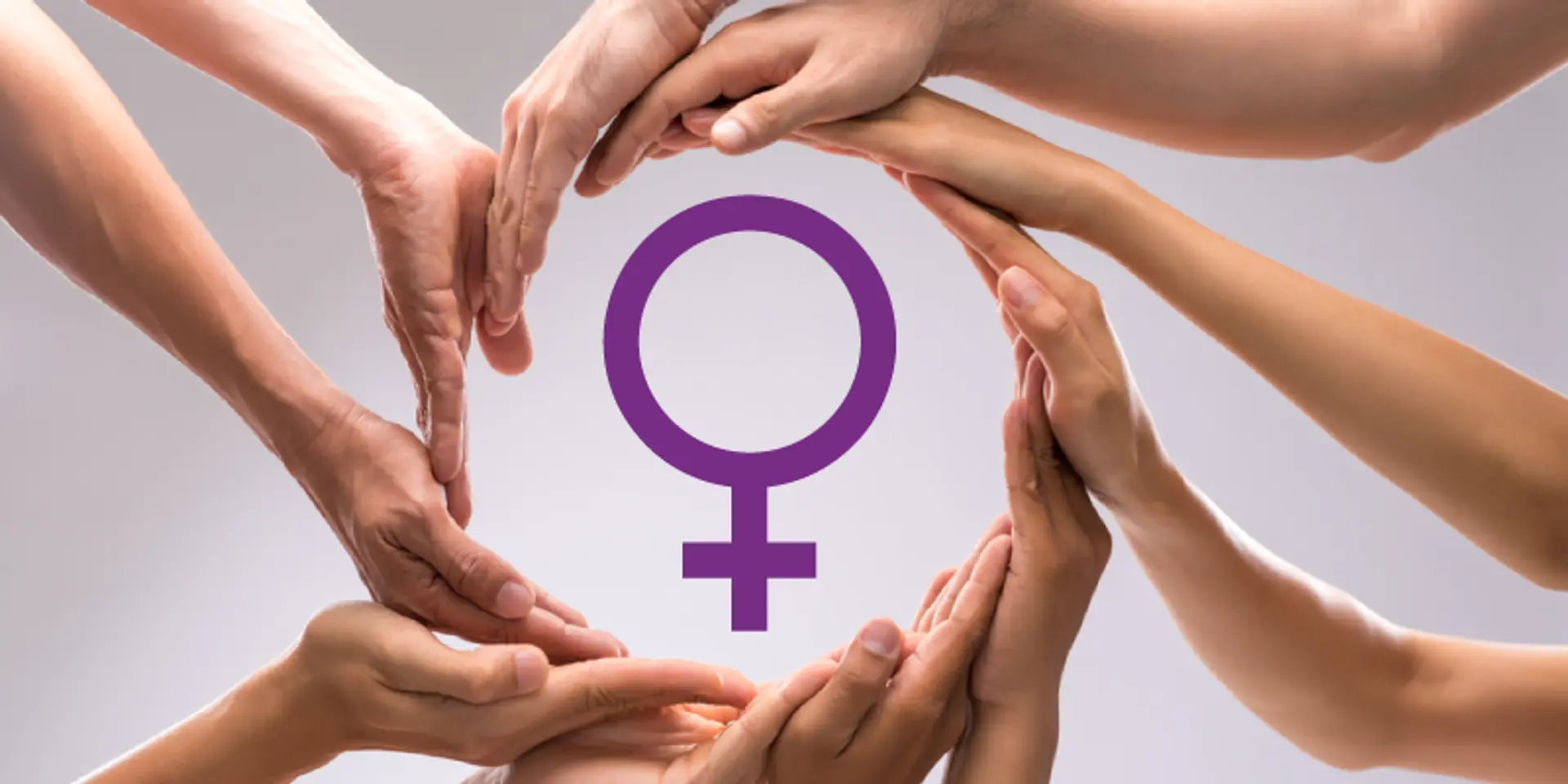
.jpg) Jessy Kurian
Jessy Kurian

Dealing with the rape and murder of a thirty-one-year-old postgraduate doctor at RG Kar Medical College Hospital, the Supreme Court, on August 20, ordered the removal of the name, photos and videos of the trainee doctor from all social media platforms. The Court said, "The pictures and video clips of the body of the deceased have been in circulation on social media. We direct that name photographs and video clippings of the deceased be immediately removed from all social media platforms." The Bench comprising Chief Justice DY Chnadrachud, JB Pardiwala and Manoj Misra also added that such identity disclosure violates the Apex court's earlier order in the Nipun Saxena case.
In Nipun Saxena v. Union of India in 2018, a landmark judgement, the Supreme Court dealt with the question of how and in what manner the identity of adult victims of rape and children who are victims of sexual abuse should be protected from unnecessary ridicule, social ostracisation and harassment.
On August 9, 2024, a thirty-one-year-old postgraduate doctor who was on a thirty-six-hour duty shift was murdered and allegedly raped inside the seminar room of the hospital. As horrific details have emerged in the course of media reportage, the brutality of the sexual assault and the nature of the crime have shocked the conscience of the nation. The name and graphic images of the deceased have been widely circulated on social media without regard to her privacy or dignity.
In the Nipun Saxena case, the Court noted the societal mistreatment faced by victims of sexual abuse, particularly rape, often being subjected to scrutiny and stigma. The Court emphasised the need for confidentiality and respect. Even with next of kin authorisation, identity disclosure was barred without the permission of the competent authority. It was held that subsection (3) of Section 228A of the Indian Penal Code clearly lays down that nobody can print or publish any matter in relation to any proceedings falling within the purview of Section 228A and in terms of Section 327(2) of Code of Criminal Procedure. In this case, the Court strictly urged the authorities to safeguard the victim's identity and to maintain secrecy in all records and disclosures.
Further, the Court highlighted that the identity of victims under Sections 376,376A, etc., should not be disclosed by public authority. Even the Court has to ensure that the identity of a rape victim is kept in the dark during court proceedings. All the information should be restricted to the Court.
The Bench of the Supreme Court, comprising Justice Madan B Lokur and Justice Deepak Gupta in the Nipun Saxena case, emphasised that it is untoward for the female community that they are outcasts from society, even near and dear ones when they become rape victims. It is the reality in our society that in the name of so-called social honour and prestige, the near and dear one refuses to accept them back into their family.
Disclosure of the identity of rape victims is a criminal offence under Section 288A (2) of IPC (old). This attracts a punishment of imprisonment, which may extend to two years, and a fine. In case any rape victim appeals before the Court under Section 372(3) of the CrPC, she can represent herself with an anonymous name, say "X" or "Y." If the victim is of unsound mind or is dead, then the next kin of the victim has the legal power to apply to the nearest Court against divulging the identity of the victim under Section 288A of IPC. In the case of a minor, disclosing the identity relies on permission from the Special Court. Here, the interest of the minor is of paramount importance.
In the new criminal law Bharatiya Nyaya Sanhita (BNS) 2023, according to Section 72, anyone who prints or publishes the name or any information that could reveal the identity of a victim of offences like rape or sexual assault could be punished with imprisonment upto two years. The identity of rape victims is protected to safeguard the victims from additional trauma and to foster a more supportive environment for reporting such offences.
Women are facing sexual assault and sexual-related crimes within the institution itself by colleagues and authorities. The lack of institutional safety norms at medical establishments and other places causes both physical violence and sexual violence against medical professionals and other working women, and it is a matter of grave concern. The gendered violence is the source of the more malevolent manifestations of the structural deficiencies in public and private sectors. As more women join the workforce in cutting-edge areas of knowledge and science, the nation has a vital stake in ensuring safe and dignified work conditions.
The Supreme Court, in the doctor's case, stressed the need for separate resting rooms for men and women, CCTV cameras in sensitive places, proper working conditions and working hours, etc., in healthcare institutions, and of course, these are required in other institutions, too. The Court emphasised having an Internal Complaint Committee (ICC) following the Sexual Harassment of Women at Workplace (Prevention, Prohibition and Redressal) Act 2023 to protect women from Sexual Harassment.
Let us provide a safe and conducive atmosphere to our women workforce wherever they are. As Francis Wright said, "Equality is the soul of Liberty," let us uphold equality and human dignity to protect and safeguard one another.